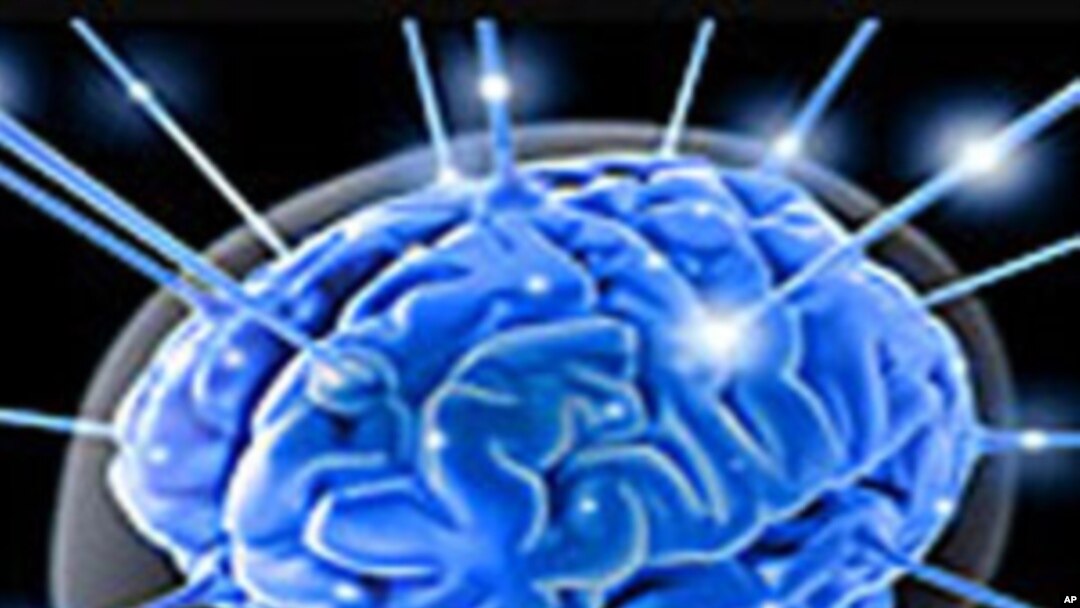A simple five-minute session in a brain scanner can accurately measure how far a child's brain has progressed on its path to maturity. Researchers say the brain imaging data can be especially useful in tracking abnormal brain development in adolescents.
As the brain matures, neural connections change, and scientists say they can see these connections after a child spends just a few minutes in a high-tech MRI, or magnetic resonance imaging machine.
MRI scanners can detect moment-by moment changes in blood flow throughout the brain, yielding a picture of how its various parts work together, explains Bradley Schlaggar, a pediatric neurologist at Washington University in Saint Louis, Missouri.
Schlaggar and colleagues saw this in a study in which they used MRI scans to assess the blood flow patterns of 238 normal individuals ranging in age from seven to 30.
The scanner analyzed a total of almost 13,000 images and selected the best 200 images to assess brain maturity at a given age.
"This is very much like what people experience when they go to a pediatrician's office and have their height, and their weight, and their head circumference measured and the pediatrician plots where they are on those growth curves," Schlaggar said.
But because the brain connectivity index charts hundreds of neural connections for comparison, Schlaggar says it is far more complex -- and more accurate -- than a human growth chart.
He says the MRI scan plots the brain's functional connections, not its structure, which can be seen by other imaging methods.
Schlaggar says this index of the brain's connective functioning creates a baseline against which other patients' brain development can be measured. "So that means the next person who comes along we know that their chronological level (age) is, say, ten, but we can get their functional conductivity maturation index level and they might be that of a seven year old. And that might be an indication that something is not quite right with their development," he said.
Schlaggar says the implications of the work are that doctors will have a much more accurate tool by which to gauge brain development in children. "We'll be able to look at atypically developing populations and perhaps make diagnoses, make prognostic predictions, perhaps anticipate who's going to respond to which therapy and so on. We see that's the future of this kind of approach," he said.
A study describing the use of MRI brain scans to track mental maturity is published this week in the journal Science.
Simple Brain Scan Reveals Maturity of Developing Brains

A study describing the use of MRI brain scans to track mental maturity is published this week in the journal Science.

